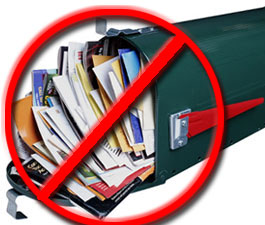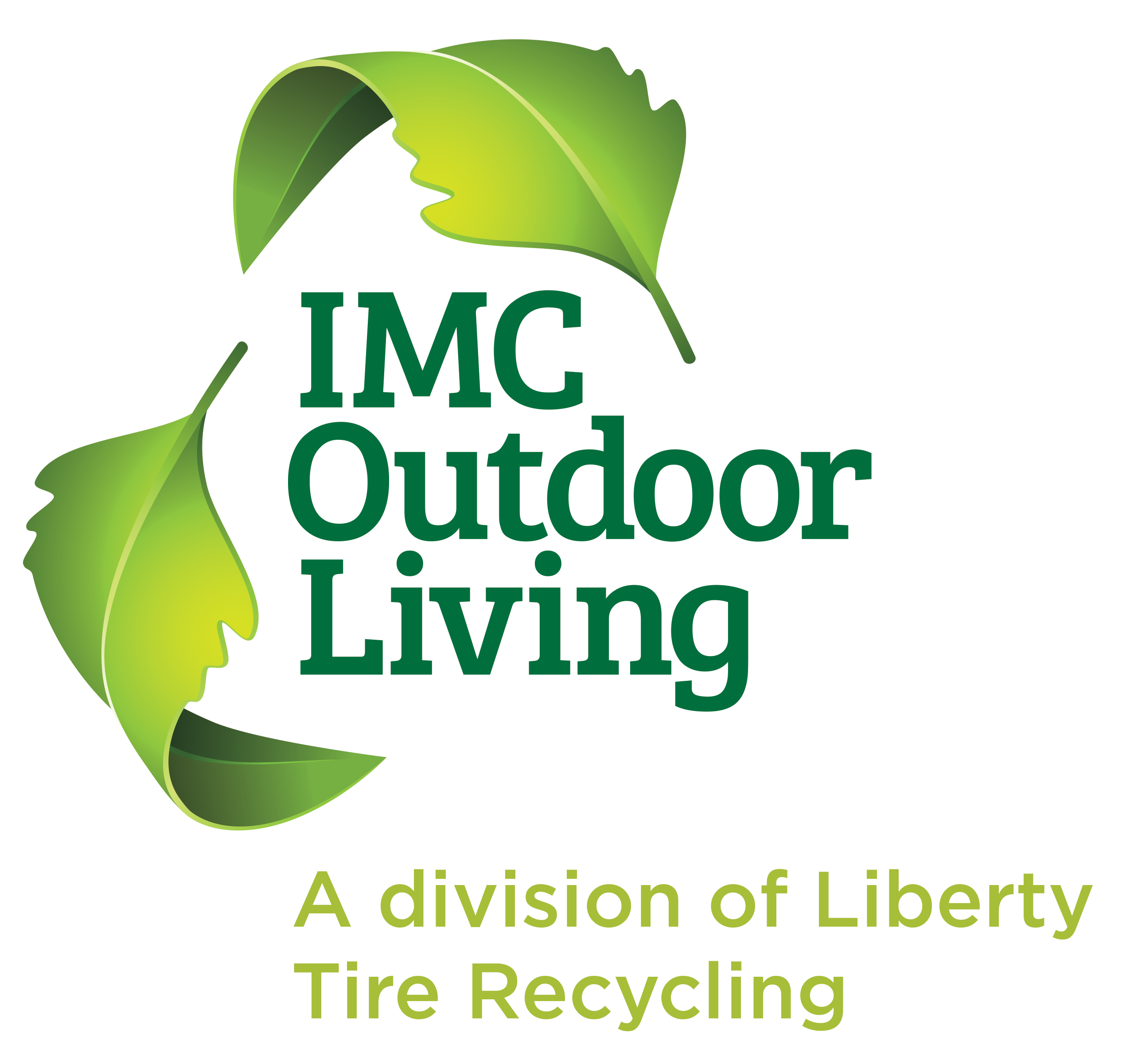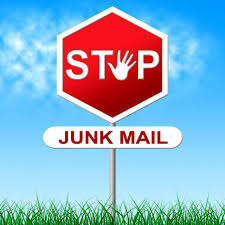Occasionally I digress from talking about recycled rubber mulch to address some other topics related to recycling – today is one of those days. I arrived home from work a few weeks ago and went out to get my mail – half of it had to be junk mail – so I started a pile. After three weeks the pile was nearly two feet high – this got me thinking and started my research on what we commonly call junk mail.

It’s not pretty. The average person receives 41 pounds of junk mail per year. Let’s just say the average letter weighs one ounce. Using this measurement we receive more than 650 pieces of junk mail a year, but what impact does this have on the environment and our daily life.
• Junk mail makes up 1% of all waste in our landfills.
• 90% of junk mail is unsolicited.
• More than 100 million trees are destroyed each year to produce junk mail – that’s the equivalent of deforesting the entire Rocky Mountain National Park every four months.
• The world’s forests absorb 2 billion tons of carbon annually. Creating and shipping junk mail produces more greenhouse gas emissions than 9 million cars.
• About 28 billion gallons of water are wasted to produce and recycle junk each year.
• You waste about 70 hours a year dealing with junk mail.
• 44% goes to the landfill unopened.
• Junk mail creates 10 billion pounds of solid waste.
• The finance industry sends the most junk mail – if you have ever received a credit card offer – you are on their list.
• Transporting junk mail costs $550 million a year – this does not include the cost of the adverse effects to the environment.
• The United States Postal Service delivered 82,500,000,000 pieces of junk mail last year – more than half of all deliveries.
So what to do? There are many services available for a small fee that can help lessen the amount of junk mail that you receive, or you can take it upon yourself to contact these companies and organizations (phone or email) and tell them you want off the list. If you cut the junk, here is what you will gain!
• By reducing your junk mail for 5 years, you’ll conserve 1.7 trees and 700 gallons of water, and prevent global warming emissions — and you’ll gain about 350 hours of free time!
FYI – nearly 100% or all tires are currently being recycled. Many of these tires are turned into rubber mulch and other products that give these treaded treasures a second life. We all knew I have to talk about rubber mulch at least once!
Happy recycling.

